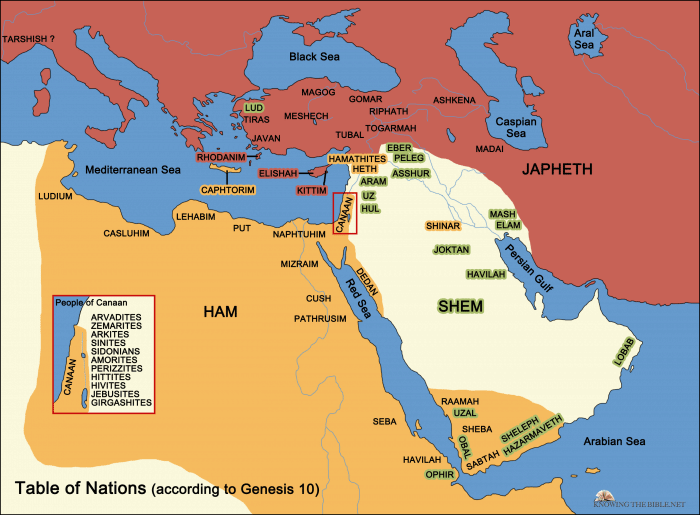Readings for today: Job 1-5
“Does Job fear God for no reason?” It’s a haunting question. Job not only feared God, he reverenced Him. He held Him in awe. Job respected and honored God. Job loved God and devoted His life to Him. To fear God in the Old Testament meant giving God His due. Treating God as He rightfully deserved. Humbly acknowledging the infinite gap that exists between us. Job did all these things and more but the Accuser (this is what the word “satan” literally means in the original Hebrew) comes before God to test that loyalty. Some wonder if this book is literal or an allegory. Did a man named Job actually exist or is this a book written to help God’s people process the problem of evil and suffering in the world? It is the oldest book in the Bible. The first one to be written. And that makes sense to me for it deals with one of the foundational, if not the most foundational, question of our existence…why do we fear and love and honor God?
Satan argues Job fears God because of the blessings he’s been given. “Have you not put a hedge around him and his house and all that he has, on every side? You have blessed the work of his hands, and his possessions have increased in the land. But stretch out your hand and touch all that he has, and he will curse you to your face.” Satan believes if everything Job has is stripped away he will curse God and renounce his faith. It doesn’t work. In response to the loss of all his possessions and the tragic death of all his children, Job responds, “Naked I came from my mother’s womb, and naked shall I return. The Lord gave, and the Lord has taken away; blessed be the name of the Lord.” Satan’s next tactic is to attack Job’s physical health and mental well-being. “Skin for skin! All that a man has he will give for his life. But stretch out your hand and touch his bone and his flesh, and he will curse you to your face.” Again, his plan fails. His accusations don’t stick. Job contracts a terrible disease. His body is a physical horror. He is terrifying to look at so he sits alone in the ashes, scraping his sores with the broken pottery of his former life. Still he holds fast to faith, “Shall we receive good from God, and shall we not receive evil?”
The rest of the book is a litany of Job’s anguish and anger at God. He yells. He screams. He weeps. He is bitter. He is resentful. He is demanding. He refuses to accept easy answers. Refuses to settle for superficial theology. He plumbs the depths of unimaginable pain and suffering. It is tempting to start to believe Job has lost his faith or at least is in the process of deconstructing but nothing could be further from the truth. It takes incredible faith to be this raw and honest before God and that’s why when Job finally comes to the end of himself, he finds God waiting for him there.
To be honest, I don’t know if Job was a real person but the anguish he expresses in the midst of his suffering is as real as it gets. The questions posed by this ancient book represent the deepest level of engagement with human pain and heartbreak. Do we fear God for no reason? Do we love God for who He is or because of the blessings He has poured out on our lives? Will our love for Him stand the test of suffering? There are no easy answers. One only faces this question when one comes face to face with the end of themselves and there in the darkness, they find God.
Andrew Brunson is a missionary and pastor. He was imprisoned for his faith in Turkey. For two years or more, he languished as his fate became a subplot in an international standoff between the United States and Turkey. Everything he had was taken from him. He was barely allowed access to his family or the outside world. The charges he faced were untrue. The trials he endured were unjust. In the midst of his imprisonment, he suffered from terrible bouts of depression and despair. After he was released, he spoke at a national meeting I attended. He relayed all he had endured. He made no attempt to glorify his persecution. He spoke humbly and authentically and powerfully about how, when he reached the lowest point, he lost faith. But in that moment when he had nothing left, when he let everything go, when all hope was lost; he found himself saying, “Jesus…Jesus…Jesus” over and over again. Like Job, Andrew found Jesus waiting for him in the darkness and despair.
You and I may never suffer like Job or Andrew but we are all familiar with pain. We all know heartache. We all know what it’s like to feel bitter disappointment. We’ve all tasted suffering on some level. We all probably know what it feels like to come to the end of ourselves. The question we all have to face in those moments is this…do we fear God for no reason? When everything is stripped away, is God enough? Is He sufficient? Is He worthy of our love and devotion simply because He is God?
Readings for tomorrow: Job 6-9





